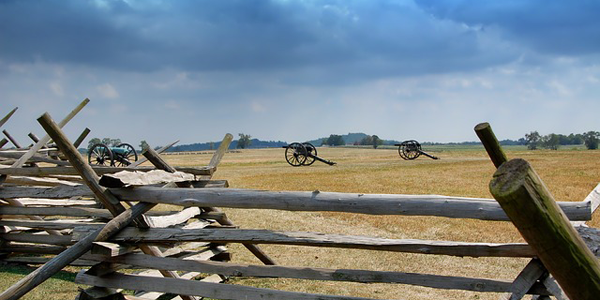
What would it be like to be the quarterback of the high school football team? The ball is on the fifteen-yard line. Unfortunately, it is your fifteen-yard line. Your team is down by four points. There is a 1:47 left in the game. You have to get in the end zone to win. Your coach calls a timeout to regroup the team. And as you approach the sideline the person standing there, waiting for you is Payton Manning. He looks at you, tells you he believes in you and what you have to do to win this game and as you are walking back on the field to the huddle you can hear his cheering for you.
It’s great to have your parents on the sideline to see you at the moment. Your coach’s confidence in you means a lot. Even your teammates telling you they have confidence in you iwonderful. All of these are more special than can be described, but there is something extra special about having your hero, the best of the best, saying you can do it. Someone who has been there and knows what it is like. Who knows how many hundreds of times Manning has been in this place where the game came down to his ability to execute and lead his team down the field. He knows what the pressure is like. He knows the hunger of the defense and seen the fire in their eyes. Every profession has its unique challenges, and we all know, despite people telling us they know what it is like, they really don’t. If they have not been where you are, they really don’t understand. So it means something extra special to have a person who has been there, who understands the pressures and challenges encouraging you on.
Hebrews 12:1-3 says to us:
Therefore, since we are surrounded by such a great cloud of witnesses, let us throw off everything that hinders and the sin that so easily entangles. And let us run with perseverance the race marked out for us, fixing our eyes on Jesus, the pioneer and perfecter of faith. For the joy set before him he endured the cross, scorning its shame, and sat down at the right hand of the throne of God. Consider him who endured such opposition from sinners, so that you will not grow weary and lose heart.
This comes at the end of a long list of great heroes of faith from the Bible. These men and women who comprise the “great cloud of witnesses” are not only witness of us but they are witnesses to us. Witnesses of the character and faithfulness of God. They are heroes who have been where we are, and they call us through the cloud of our temporal perspective to press on with perseverance. They cheer for us to put aside our doubts, fears, and struggles to grasp hold of the promises God has given to us. They have been there and understand.
Think about this. You might be saying to yourself that you have screwed up. You have disqualified yourself from every achieving your hopes and dreams. Your failure is too great. But let me ask you:
When was the last time you committed adultery?
But not only that, when was the last time that adultery led to a child being conceived?
But not only that, when was the last time that you used your power and authority to try to cover-up up what you had done by having the women’s husband killed?
But not only that, you take the women to be your wife in hopes of covering the whole thing up?
But not only that, when was the last time child conceived because of your failure dies because of your sin, and you have to live the rest of your life with this burden?
Hopefully, not of us has screwed up this badly. But even if you have there is a man standing before you as a witness of God’s faithfulness and forgiveness, David, saying to you today to put aside your sin and experiences God’s love.
When was the last time you faced an utterly impossible situation? You didn’t know what to do and even if you did you lacked the resources to make it happen? Two men call you to step into the impossible. Moses and Joshua, men well acquainted with impossible barriers, whether they are a sea, a river, or a walled city, they witness to you of God’s deliverance in the face of the impossible and they call to you to put aside that which entangles you, all those doubting thoughts, and step out in faith.
The list could go on and on. I would even challenge you to sometimes read the stories in the Bible and ask yourself what these men and women would say to you if there were on your sideline coaching you through whatever situation you are facing in life.
For we are surrounded by a great cloud of witness to God’s grace, forgiveness, and character and they call us to step up.
Blessings,
Pastor Stephen




